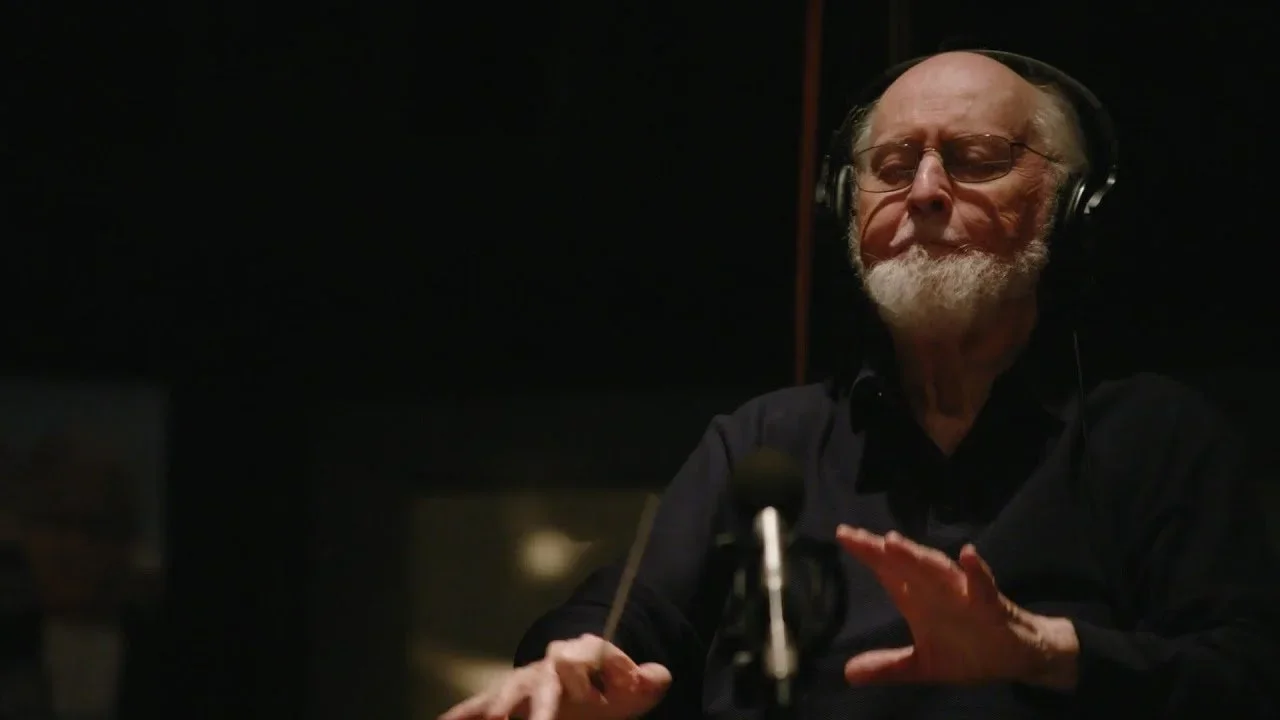The present that humanity is experiencing offers a panorama that five years ago would have been difficult to foresee. After a global pandemic and the outbreak of war in Ukraine, the world appears to be returning to the two Cold War blocs and it is in tumultuous times that governments and institutions begin to foment mass patriotic sentiment. this is precisely ‘The Battle of Lake Changjin’, the most expensive Chinese production in history and one of the recent exponents of 21st century propaganda cinemaphenomenon that already shows the intentions of the second world economic power.
At a cost of $ 200 million funded by the Chinese Communist Party’s Advertising Department (commonly called the Propaganda Department), the war feature film has become the most expensive film production in Chinese history, although it should be remembered that this budget is the usual one for Hollywood productions, see the cases of any Marvel Studios production or film of other studios such as ‘The Batman’ or the latest chapter of the ‘Fantastic Animals’ saga. With a box office that exceeded 902 million dollars (obtained almost entirely from the Chinese market), It was about to become the highest-grossing film of 2021, showing the Asian country’s aspirations for world cinema domination.although the plans were cut short thanks to the premiere of “Spider-Man: No Way Home”.

Propaganda films are the titles that put critics most in difficulty, who must judge the work by its artistic quality, although its message may be morally reprehensible. In the history of cinema there are several uncomfortable examples that are also photographs of a specific historical moment, the case of “The birth of a nation” is the most obvious. In terms of propaganda headlines, very few would question the cinematic quality of the fundamental films for the seventh art such as ‘The triumph of the will’, by Leni Riefenstahl (film made to exalt Nazism and considered one of the most important propaganda documentaries in history); ‘Battleship Potemkin’ or ‘Alexander Nevsky’, both by Sergei M. Eisenstein; or the satire ‘The Great Dictator’ by Charles Chaplin (The latter as a representative of the Hollywood industry, not to say that there are no examples from different sides).
However, Does “The Battle of Lake Changjin” have enough cinematic quality to enter that uncomfortable Olympus of cinema history? The quickest answer is a resounding no. Rather, it could be said that this is an example of the worst of war cinema, which tells a story devoid of the slightest real gesture of an epic. Despite having more than 70,000 extras who are real soldiers of the Chinese army, the film fails to have epic moments, even though it narrates the alleged enterprise of the People’s Volunteer Army that managed to leave the United Nations troops outside the territory that currently corresponds to North Korea in the Korean War, which took place between 1950 and 1953 and, as the history books tell, was left in a stalemate.

First, the film blatantly manipulates the story, ignoring that it was North Korea that invaded South Korea on June 25, 1950crossing the border of the 38th parallel, the one marked by the United States and the Soviet Union after the end of the Second World War, after the agreement of both powers to divide Korea, a former colony of the Japanese Empire, in two. The USSR supported Kim Il-sung’s ambitionswho became the supreme leader of North Korea and the first of the Kim clan to rule the totalitarian country, because Stalin, after the triumph of the communist revolution in China at the hands of Mao Zedong in 1949, it sought to expand its influence in Asia after the failure of the Berlin bloc or the Yugoslav schism.
Manipulative exercise of falsification of history
It is true that it was the invasion of China that altered the chessboard in war and kept it in equality, as it provoked the march of the United Nations army (formed by the United States and its allies) towards the territory agreed between the United States and the USSR after World War II. But he overstates his role, noting that patriotic and propaganda side of the film.

But, in reality, that is not what makes “The Battle of Lake Changjin” (a title that is already a mission statement not referring to the basin as Chosin, as it is known in the West) into a failed film. What makes its nearly three-hour duration boring is that the bill is far from living up to the war titles “Save Private Ryan” or “Dunkirk”. No sequence conveys passion, it gives the impression of watching a video game.
Its protagonists, although embodied by popular stars in China like Wu Jing, Jackson Yee and Kevin Lee, have charisma, true, but they lack secondary characters who manage to create that team feeling., of solidarity between soldiers. Add to this that the villains in the film, the Americans, are tremendously generic and lack depth. On the other hand, the contrast is evident, as there are no major names in the Hollywood industry in the cast. To this is added a technical section worthy of a production designed directly for platformswith excessive abuse of CGI, to the point that the previews of the She-Hulk series on Disney + are good.

“The Battle of Lake Changjin” serves as an example of shoddy propaganda. Apart from falsifying the story, it has no innovative contribution in terms of aesthetics, technique or interpretation, which the films of yesteryear could boast of. It serves only as a sociological experience, to verify to what extent a society encouraged to go to war is ideological.because this proposal, directed by Chen Kaige, Tsui Hark and Dante Lam (three filmmakers of recognized international prestige who fall prey to the wishes of the regime led by Xi Jinping), is a war production that praises militarism, transforms Mao into a messiah and It displays the fruits of selling the soul of China as a global factory and key market for popcorn cinema from the front.
Note 2
The best: To think that A Contracorriente could have brought out better ‘Hello, Mom’, the other Chinese box office hit of 2021, whose criticism and storylines have been much more applauded.
Worse: In its nearly three hours it cannot generate the feeling of a war epic and its digital effects are inappropriate for a $ 200 million production.
Source: E Cartelera




